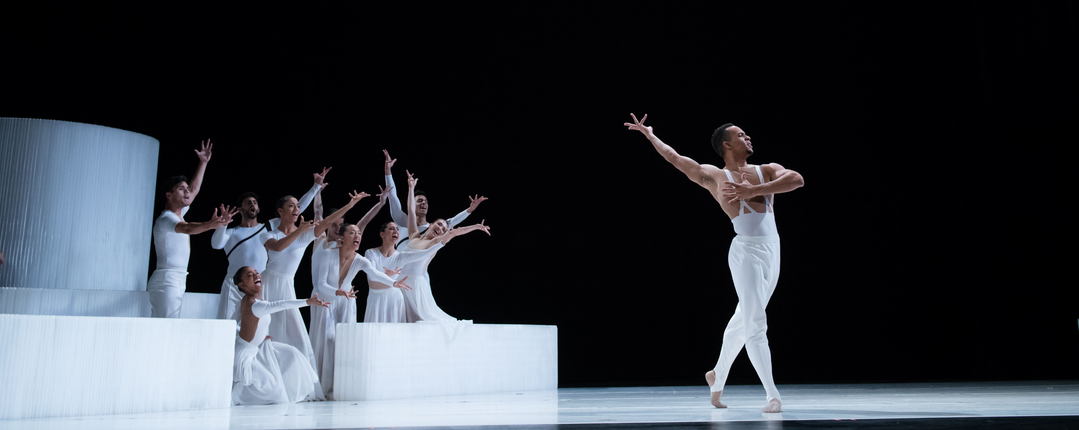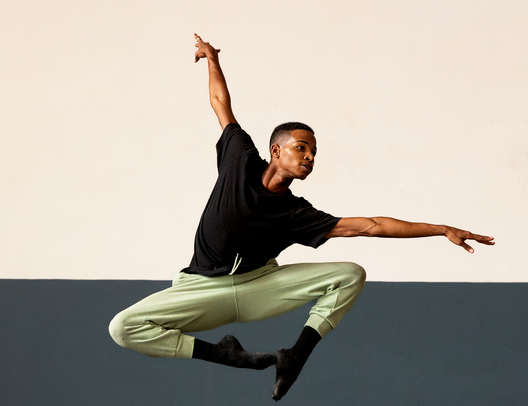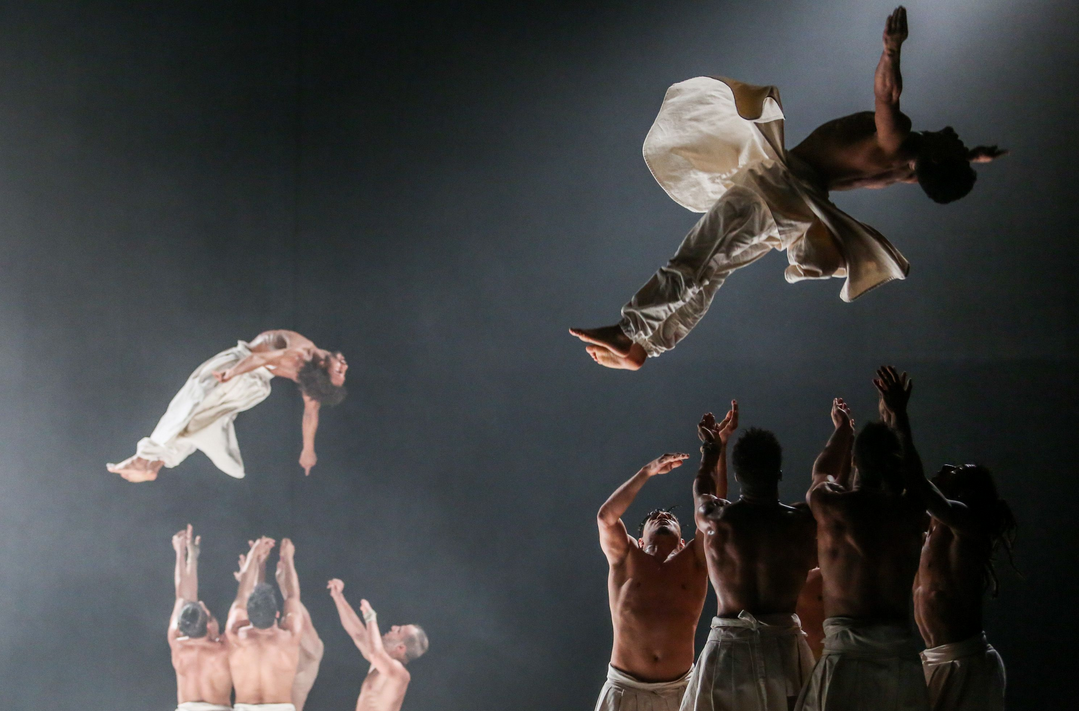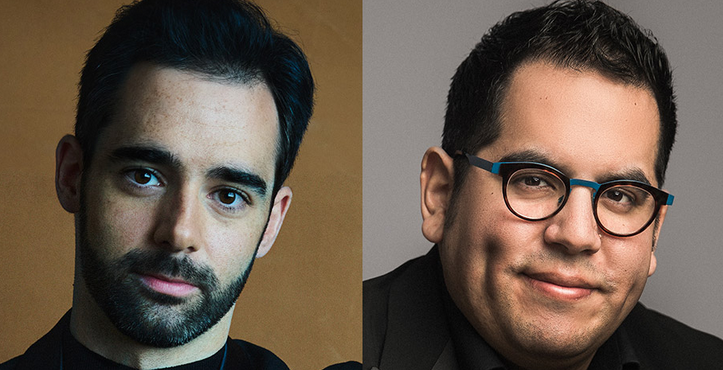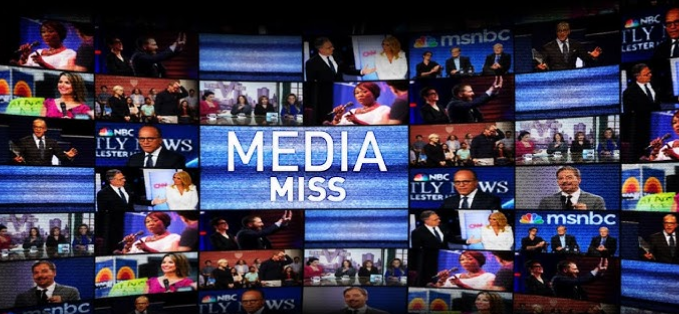Black Panther — T’Challa
[King’s English]
Black Panther’s “parent” company, Disney gets credit, not congratulations!
After all is said and done, Black Panther will make goo-gobs of money. Already, domestically, it boasts $192 million in North American alone over its opening weekend. With an all-Black cast, save a few token whites, how’s that for reverse affirmative action, and a Black director, Ryan Coogler at the helm, there is much to celebrate with this latest soon-to-be franchised by Disney / Marvel. There will be more behind-scene people of color to hire such as production director, Hannah Beachler; costume designer, Ruth E. Carter; co-writer, Joe Robert Cole; Executive Producer, Nate Moore; Hairstylist, Camille Friend; and Jewelry Artist, Douriean Fletcher.
Much praise and celebration indeed. I just fall short of passing on that congratulations to Disney as several of my friends have. I’ll give them credit, but not praise. Disney can get end-roll credit such as when viewing movie’s end. Equipment by Panavision. Distributed by Disney. Fade black.
My comic book friends gave Disney praise for not stereotyping fictional Africa, although Wakanda’s marketplace did look awfully crude and dusty for a place touted as the most technologically advanced civilization on the planet! But no biggie. I knew my people moreso meant in the realm of something like not having T’Challa, the Black Panther and thus hero cast as a light-skinned Black Panther, meanwhile, Erik Killmonger, the villain (though really hero) would have been as dark as the glamorous panther suit itself. You know those historical coloration games Hollywood loves to play. Although they played a different type race game this time round: Segregating the African-Wakandans, while defecating on African-Americans in general and its revolutionary spirit in particular. No shade to the screenwriter Ryan Coogler. He was only following the comic book’s storyline as written by its white creators over at Marvel Comics.
But my friends did point out at least Disney didn’t pull that tired ol’ trope they often do when making a so-called “Black” movie. You know. Having it told from a white person’s perspective. #CryFreedom. #LastKingOfScotland. #Amistad. #Glory. Surely, they deserve praise for not doing that.
Well, I typically don’t praise the studios when they produce all-white universes as created by Woody Allen or Martin Scorsese. Typically, I’m very tolerant and above average with my willing suspension of disbelief. So, when I see an all-Black School Daze, or an all-Black Wakanda, or an all-white Annie Hall or Lord of the Rings, it’s all good. Movie studio stay out the way, let auteurs be auteurs, and just claim your end-credits.
Now, had Disney said, “Wow, a $192 million opening weekend! With much of the credit going to the Black community. Wouldn’t it be cool to send them a thank you card with a donated check to a community cultural center? Or scholarships, or perhaps, in the spirit of technologically advanced Wakanda, computers or technological equipment for their too many under-served public schools. After all, they themselves don’t really practice Ujamaa and build back another Black Wall Street or movie studio and do this Ujima themselves, so, why not us?”
But one friend said Disney doesn’t owe us anything. They made a movie. We paid to see it. End of story. He said that my request is tantamount to begging. But I wasn’t exactly begging. Not even really asking. Moreso, just speaking aloud about how much good business sense and practice it would be for a conglomerate to give back to that which so led to its riches. I guess. That is if such a conglomerate can’t claim its assets due to a rich history of exploiting and marginalizing, using and stealing from, stagnating and disrespecting entire races of people on its way towards conglomeration. You know, nothing like the United States of America owning its dominance to any particular people it may have exploited, exterminated, used or maybe enslaved during its rise towards supremacy. Surely, Disney is not in that category, thus they owe the Black community nothing.
Well, I’m familiar with Fantasia, the 1940 Disney original release with the little pick-a-ninny haired and dark-skinned centaur playing servant to all the larger, white with blond hair centaurs. And how about 1941’s Dumbo with the jive-talking, lazy and dim-witted crows and its crow leader named Jim Crow. And, as to not think this only a yesteryear thing, how about 1967’s Jungle Book. Again, negro inspired, jive-talking and lazy and dumb caricatured animals. This time anthropomorphizing monkeys and apes. And even more recently, 2011’s The Princess and the Frog, with Disney’s first Black princess, Disney bent over backwards to keep Tiana’s prince from looking anything like King T’Challa of Wakanda. Tiana’s prince charming had to be the most racially ambiguous royal I’ve ever seen. As if too much to have an obvious Black king and queen in cartoon lore and love.
Maybe Black Panther’s parent company, Disney doesn’t owe anything financial to the Black community. They’re just the parent company, not the Black community’s actual parent. After all, Disney is in the business of making money, not charity. But, then, as I recall their 1946 production of Songs of the South and Uncle “Zippity-doo-daa” Remus, no, they may not owe the Black community anything financial, but they sure as shit do owe us one hell of an apology. Yeah. For those shenanigans they get full credit, and, once again, no congratulations.

